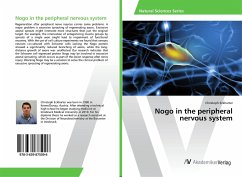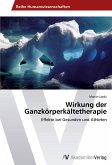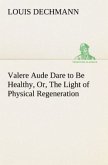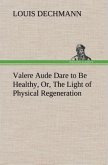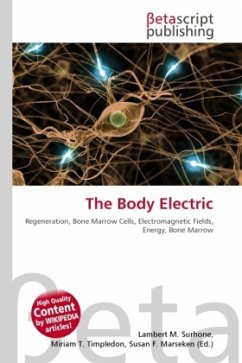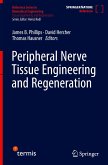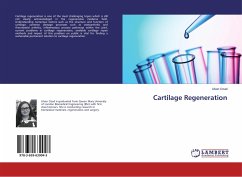Regeneration after peripheral nerve injuries carries some problems. A major problem is excessive sprouting of regenerating axons. Excessive axonal sprouts might innervate more structures than just the original target. For example, the innervation of antagonizing muscle groups by sprouts of a single axon might lead to impairment of functional recovery. With the use of cell culture experiments we found that sensory neurons co-cultured with Schwann cells lacking the Nogo protein showed a significantly reduced branching of axons, while the long-distance growth of axons was unaffected. Our research indicates that the Schwann cell expressed protein Nogo may be involved in excessive axonal sprouting, which occurs as part of the lesion response after nerve injury. Blocking Nogo may be a solution to solve the clinical problem of excessive sprouting of regenerating axons.
Bitte wählen Sie Ihr Anliegen aus.
Rechnungen
Retourenschein anfordern
Bestellstatus
Storno

